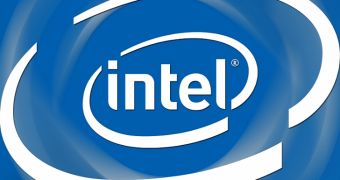Intel may not have managed to steal any smartphone market share from ARM, and it might have just lost a significant battle to AMD too (AMD launched the 8-core Opteron A1100 ARM server SoC), but that doesn't mean it doesn't have another way to enter the fray.
The company, through a collaboration with an unnamed voice recognition technology provider, has created a virtual assistant technology for smartphones.
Here many will say that Apple already has that, and they would be right: Siri has done a good job of impressing people.
Intel's creation is better than it in a very important way though: it works locally, on the chip of the smartphone itself.
To elaborate, unlike Siri, which connects to a cloud server and tells it to process whatever question users posed, the new tech does it on the smartphone's very own mobile processor.
Intel will include the virtual assistant in the Jarvis wireless headset, one of the oddities it brought to the Consumer Electronics Show (CES 2014).
The assistant is even (supposedly) more responsive than the competition, since people won't wait for three or more seconds for the answer to come.
Chipzilla intends for the technology to become part of The Internet of Things, allowing you to tell your appliances what to do.
So we suppose this isn't just meant as a Siri analog for smartphones, but something you'll eventually find installed on your new microwave oven, washing machine, refrigerator, etc. Even if Intel is only shipping it to mobile phone and gadget makers right now.
No clue if the lack of active Internet connection or extra processing ability of a cloud server brings any impact to versatility, or the assistant's ability to understand your inquiries. Given how strong even phone chips are these days, we'll risk a hope that the answer is no.

 14 DAY TRIAL //
14 DAY TRIAL //